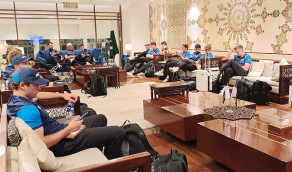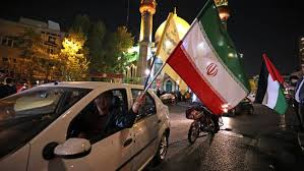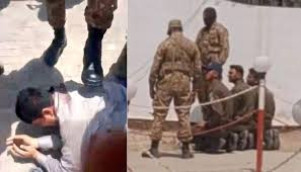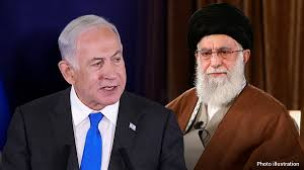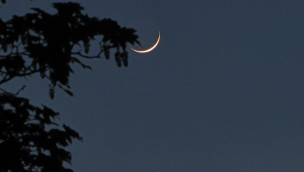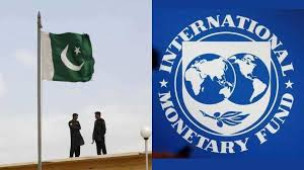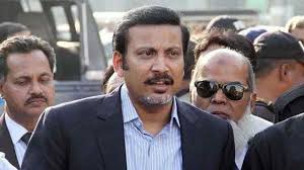OUR SRI LANKA CONNECTION
- News By : Web Desk
- 2021-12-05 11:28:10

Kamran Rehmat
Islamabad: 5 December 2021: Sri Lanka has long held a special place in the hearts of Pakistanis, especially the cricket fraternity. But for my family, it runs closer, like blood. My diplomat dad was posted in the High Commission to Colombo in the winter of 1978. My brothers, Adnan, Rizwan, sister Sabiha, and myself lived our fond childhoods in the country’s serene capital by the sea for six years. We carry those sepia tones wherever we go — and that means having traversed more than a hundred countries, cumulatively speaking. And we’ve loved no country outside our own as much as we have the Pearl Island — as the pear-shaped country is called.
It doesn’t mean everything was hunky dory in that period. In fact, the first time we experienced a curfew in our lives was when riots broke out in 1983 in front of our Borella residence in Colombo 8 when Sinhalese soldiers, who were killed in a battle with renegade Tamil Tigers in the country’s northern tip Jaffna, were to be laid to rest in the nearby cemetery. The tensions could pierce the air. And thus began one of the longest secessionist movements in modern history, and which gave the world the horrific spectacle of suicide attacks which soon became rampant, especially in the capital. It took the lives of a prime minister, left another with just one eye as well as eliminating several ministers amongst others of note.
We left the country in early 1984 when the LTTE movement was beginning to strangle the country. Long story short, finally, Sri Lanka was able to beat back the insurgency and completely eliminate it two-and-a-half decades later. Pakistan played a significant, if discreet, role in helping the island nation flush out foreign-sponsored terrorism.
But before our exit, a few words on our experience in Colombo. Sri Lankans were extremely friendly and welcoming. Politically speaking, Sirimavo Bandaranaike — the world’s first female prime minister — was a close friend of Zulfikar Ali Bhutto, Pakistan’s first popularly elected PM, who was treated in Sri Lanka almost reverentially, as the “Voice of Asia”.
My father endured a horrid time after Bhutto was controversially executed on disputed charges of abetment to murder by a judiciary under the thumb of military dictator General Ziaul Haq in 1979. He would receive calls at the High Commission with incensed Sri Lankans taking out their ire over Bhutto’s fate.
I remember vividly my brothers and I going to a stadium where Pakistan’s national cricket team, including the current Prime Minister Imran Khan, were playing a friendly — as it transpired on the day of the hanging. Around the afternoon, suddenly, there was a pin drop silence as a newspaper special supplement with a banner headline in all caps — ALI BHUTTO HANGED — made its way into the stadium.
A few months down the road, General Zia sent gifts — sacks of ethereal basmati rice — for the ambassador to present Bandaranaike. My dad saw this a red herring and advised the ambassador to pull an excuse with the Foreign Office back home against the adventure. However, his advice fell on deaf ears and the ambassador saw it fit to please his masters back home and “open a line of communication” with Banadaranaike. The gifts were dispatched in advance of his visit. No sooner had these made their way to her residence than the same were summarily returned with a terse note, saying “we don’t accept gifts from executioners”.
Talking of cricket, Sri Lanka was also the nursery that developed our taste for the game that is second religion to the teeming millions in the region. We would frequent battles royale between generational rivals Royal College and St Thomas College, which to this day, are just as popular in the island nation. The two rivals produced a number of cricketers who played for the country at the highest level. I remember one strapping lad, Arjuna Ranatunga, trot out for Ananda College. My father used to take us to these matches and our staple Sunday afternoons were spent either watching these matches or going to the Galle Face, the seaside jaunts in Colombo.
Pakistan was the prime mover behind getting Sri Lanka full member Test status. Air Marshal Noor Khan, the-then the BCCP chairman, successfully pulled the Asian members together to achieve this end. Beholden for this favour, the Sri Lankans have ever since stuck their necks out for Pakistan cricket (as have Pakistan).
When India began to isolate Pakistan internationally in 2009, Sri Lanka defied tremendous pressure from it to tour Pakistan. But thanks to our myopic political leadership of the time — both the PPP and PML-N were locked in a draining power struggle for Punjab, the bastion of power in the Pakistani political matrix — the security went off the boil on the day, leading to the attack on the visitors about which there already was a security advisory two months beforehand. Had it not been for the brave local driver of the Sri Lankan bus who risked his life to save the team in a hail of bullets, Pakistan would probably have suffered graver consequences than they did in the intervening years.
In 2012, whilst interviewing Interior Minister Rehman Malik at his residence, I asked him on and off-the-record about the probe into the attack on the Sri Lankan team. Unsurprisingly, he parried the question at first. When I insisted, he revealed that they had leads but unfortunately they couldn’t go public with it. It emerged that the leads involving India had been provided by Sri Lanka itself. When I asked him why these were not being made public when India was destroying Pakistan cricket openly, he said Islamabad had to give in to Colombo’s request to not do so out of a genuine fear that its cricket would be similarly destroyed given India’s hegemonic control of the game. This says something about how close the bonds are between the two countries!
I remember the day the visiting Sri Lankan team was attacked vividly. I was woken up to the tragedy by my brother, Adnan. I remember going weak in the knees just imagining what would happen if even a single player ended up losing his life. Felt sick to the stomach just at the thought. Fortunately, they survived the worst fate.
And so to Sialkot, we return. And feeling sick to the stomach, for real. Nobody deserves the fate Priyantha Kumara ended up with. That a simple, hard working man earning his bread the proverbial million miles away from his country like him had to go through this is as unfathomable as it is heart-rending. Heartbroken, I can only say what you see the image above: Sorry, Sri Lanka.
With all my heart.

